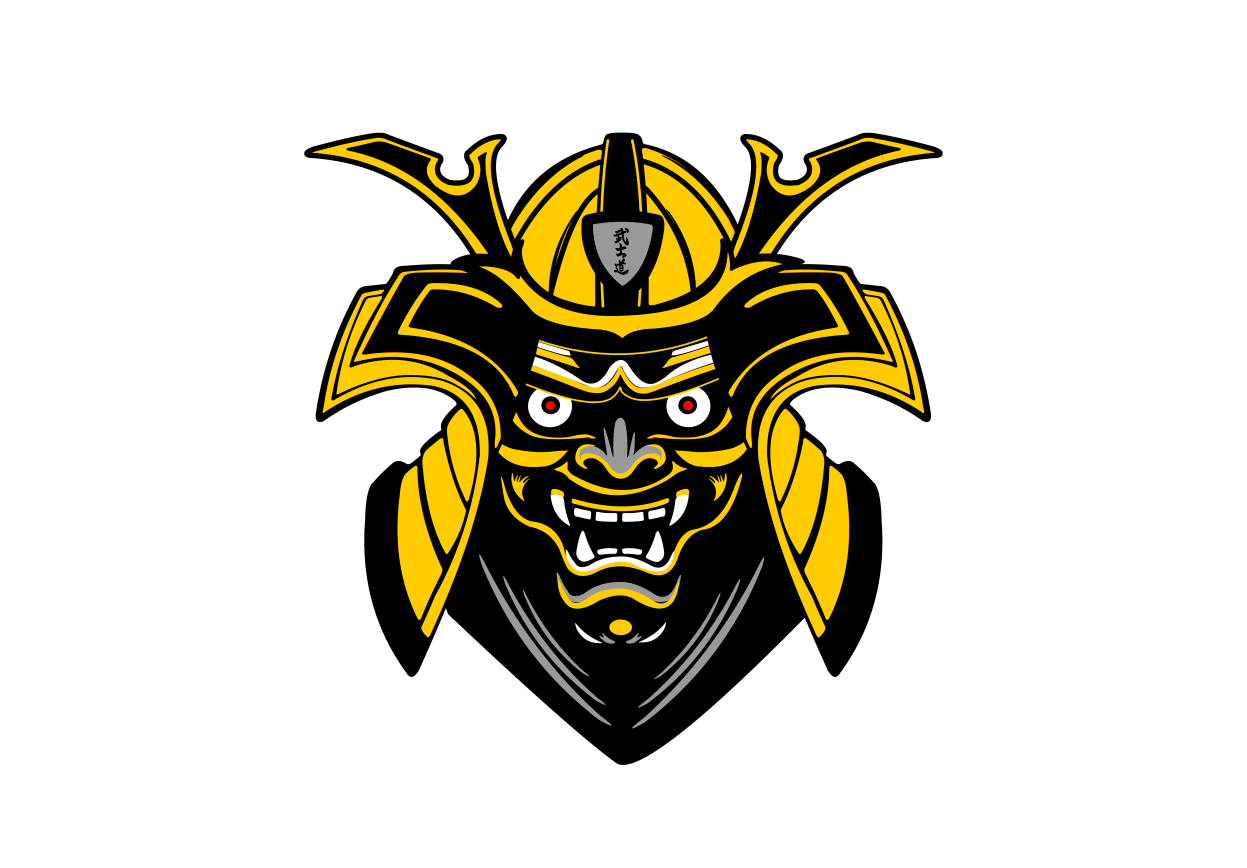The samurai and the golden mask

Once, there was a legendary samurai, feared across all provinces. Not just for his unmatched sword skills, but for the terrifying golden menpō mask he wore in every duel. The mask was fierce demonic eyes, sharp lines, a frozen expression of wrath. No one had ever seen his real face. Every tournament he entered, he won. Opponents trembled at the sight of him. To them, he wasn’t a man he was myth, force, invincibility. Behind the mask, the samurai was calm, unreadable, composed. It was this image, more than his blade, that granted him power and respect. He ruled not a kingdom, but his dojo, his students, and his reputation. One evening, his wife gently told him:
"If you need the mask to defeat your enemies, then they fear what you show them not who you are. Perhaps they’re not fighting the warrior, but the mask." The samurai was shaken. He wanted to prove he was strong with or without the mask. So, he registered for a tournament under a false name. This time, he appeared barefaced. His true face young, kind, open was seen for the first time. His opponent stared into his eyes. And saw what the mask had always hidden: emotion, doubt, even compassion. That glimpse of humanity gave the enemy courage. The samurai lost. Ashamed, he returned home and put the mask back on. But something inside him had changed.

He began training his inner self learning fudōshin, the immovable mind. He disciplined his heart until even without a mask, his face became unreadable, unshaken. From then on, only his wife and children ever saw his true, gentle face. To the world, he showed silence and stillness. Years later, his home was attacked. Without time to wear his mask, he stood to defend his loved ones. His opponent saw not a face of fear, but of stone expressionless, deadly calm. The enemy panicked and fled. The samurai had become something greater: a warrior whose strength no longer came from fear or disguise but from within.
Food for thought
In every martial art, practitioners are taught not to suppress emotion, but to set it aside to master it. This mental state is called fudōshin: the “immovable mind.” It doesn’t mean being cold or emotionless. It means remaining steady, focused, and undisturbed, even in the face of fear, pain, ego, or chaos. True fudōshin is not easy. It requires daily discipline. In sparring, in kata, and in real combat, emotions like pride, anger, or hesitation can cloud judgment and cost victory. Learning to quiet those feelings, even briefly, is part of the deeper path of martial arts.You can see this principle clearly in sumo wrestling. Win or lose, sumo wrestlers show no visible emotion. They bow. They walk away. No celebration, no despair. This stark contrast with sports like football or boxing where every emotion explodes on the surface shows the core difference: sport seeks expression, budo seeks inner balance. Ask yourself:
- Can I remain still in the storm of my emotions?
- What would it take to lead not with reaction, but with calm presence?
- Do I wear masks to protect myself… or am I training to no longer need them?
Martial arts is more than learning to fight. It’s learning to stay present and grounded, so that one day, we can face life without masks and still stand strong.
Martial Arts Moral Tales – Beautifully Illustrated Book Get the full collection of illustrated martial arts moral stories. Printable A4 PDF perfect for dojos, schools, or personal inspiration.